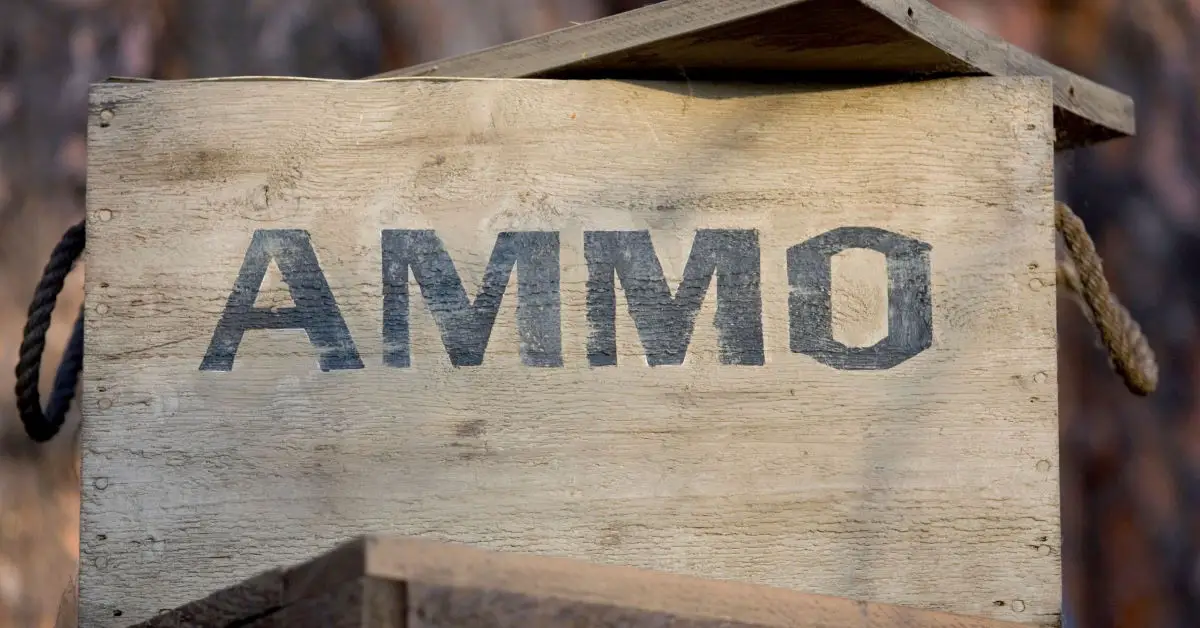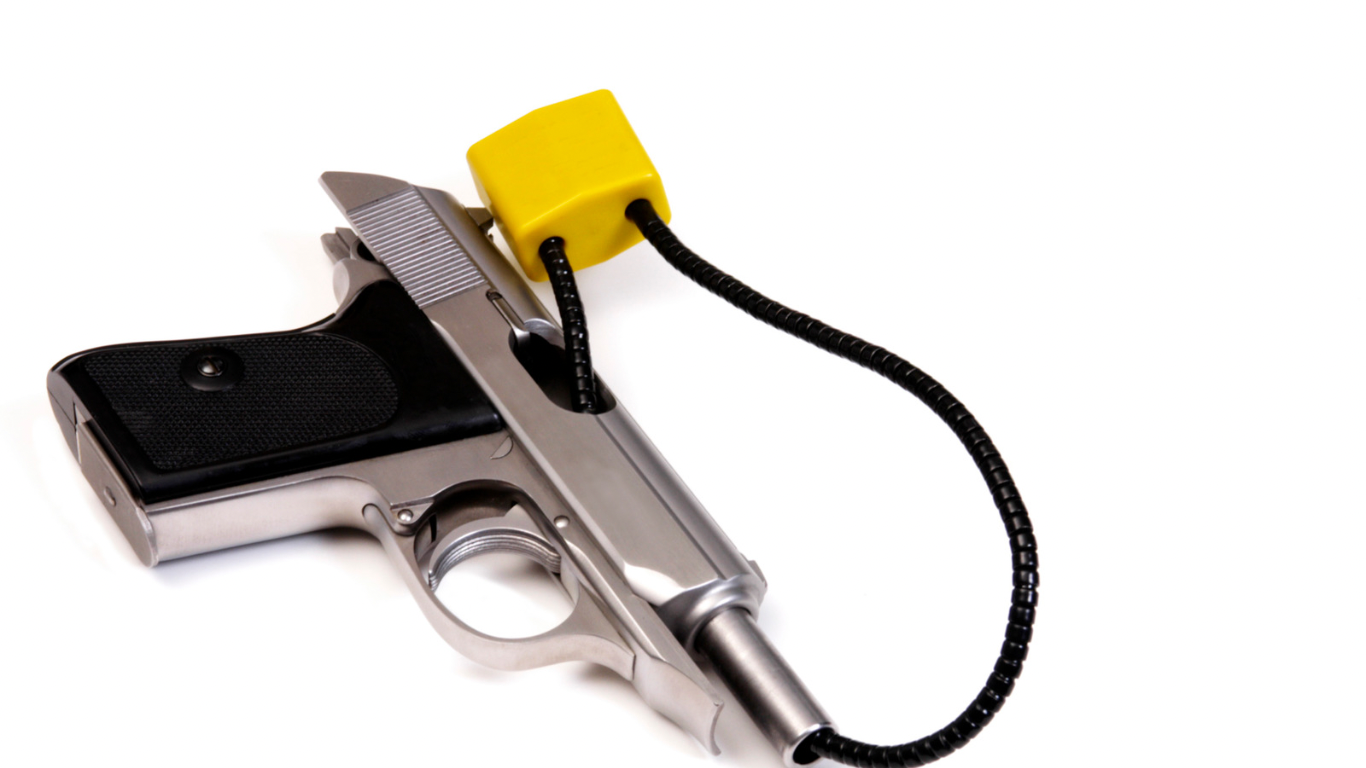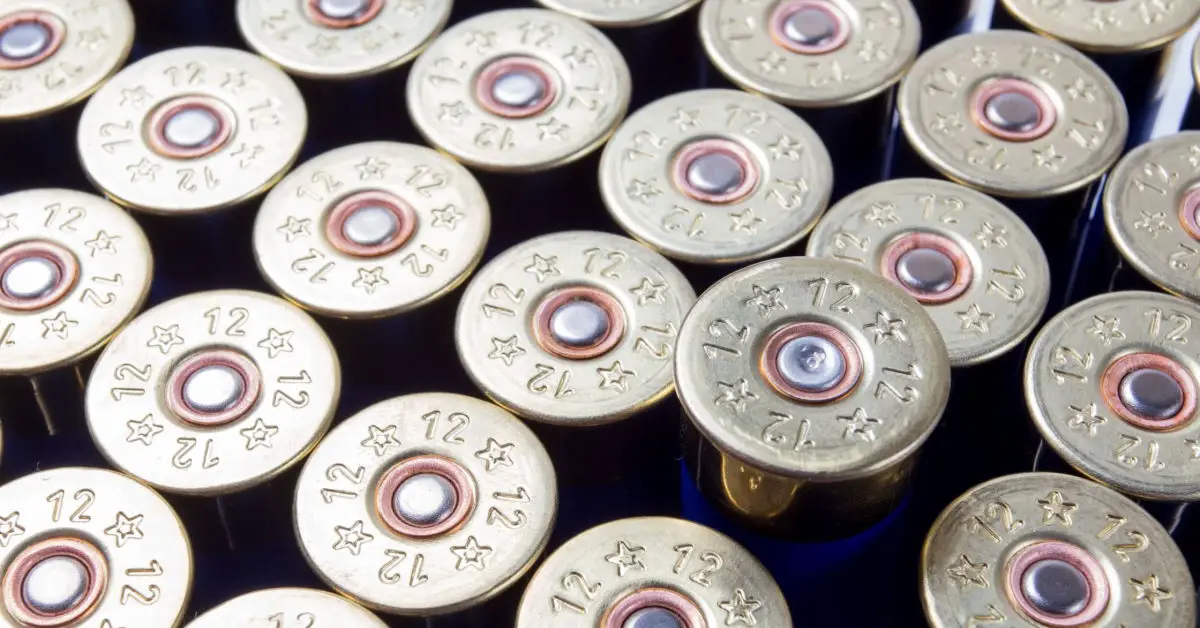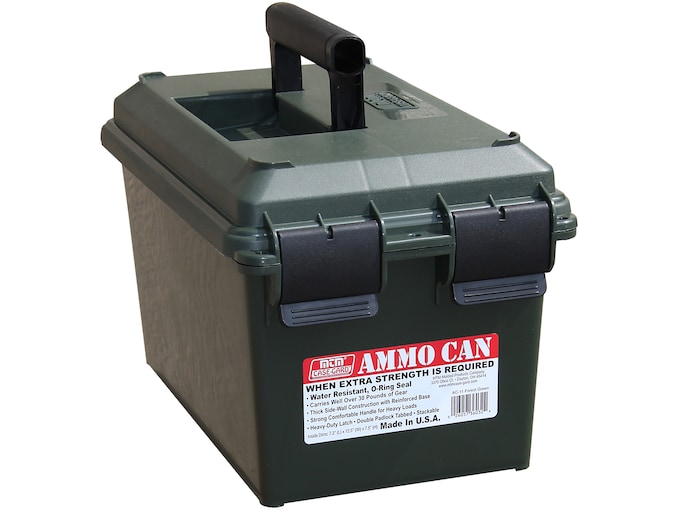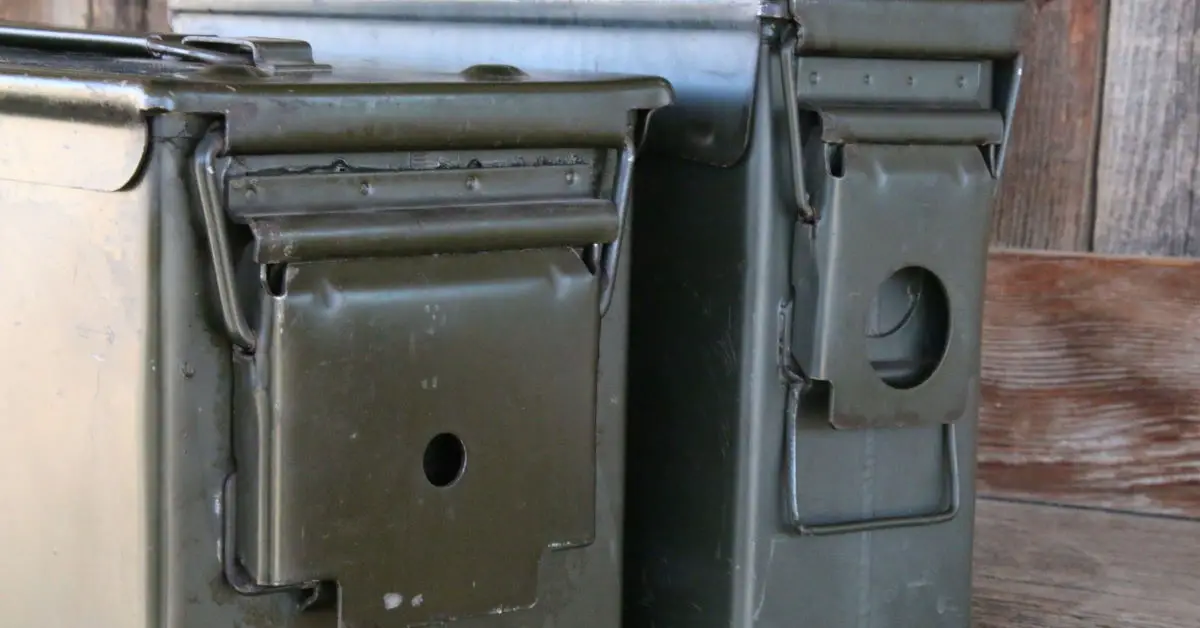Owning a gun safe is an essential measure of responsibility and security for those who own firearms. It is also imperative to consider the lock mechanism used for the safe. Gun safes typically come with digital or mechanical locks, each with its own set of advantages and disadvantages. While both types of locks are effective in keeping the gun safe, there are distinctions between them that should be considered when picking a lock. In this blog, we’ll explore the pros and cons of digital vs. mechanical locks for gun safes and help you decide which one to choose.
Mechanical Locks
Mechanical locks have been around for centuries and are reliable. Mechanical combination locks use a dial that is scrolled to a series of numbers to unlock the safe. The combination can be changed for added security, and the lock does not require any batteries or electricity to operate. Mechanical locks, however, are not without their drawbacks. They can be challenging to use if a person is in a hurry, and it may take longer to access their gun. Moreover, mechanical locks may be vulnerable to manipulation by skilled locksmiths.
Digital Locks
Digital locks, on the other hand, are quick and easy to use. They provide added convenience and faster access to your gun when you need it. Digital locks are available with either an electronic keypad or a biometric scanner, which uses a fingerprint to open the safe. Biometric locks are more secure than electronic keypads because they are unique to the user, and access cannot be duplicated quickly. Electronic keypads can also be programmed with a temporary code if you need to give someone access to your gun safe in your absence. However, digital locks require batteries or a power source to work, which needs to be frequently checked, or you could end up accidentally locking yourself out of your gun safe.
Pros/Cons
As expected, both digital and mechanical locks have different pros and cons. When making a decision, it’s essential to consider how the lock will fit into your lifestyle and what level of security you need. Digital locks, for example, work best if you need quick access to your firearm, but mechanical locks might be a better option if you’re comfortable with more extended response times. It is also important to ensure that your gun safe comes with a reliable lock regardless of your choice.
If you prefer mechanical locks, make sure that it has been tested for resistance to tampering. Look for locks that resist manipulation, with additional features like a re-locking mechanism that prevents access or a device that triggers an alarm when someone attempts to breach the lock. On the other hand, if you choose a digital lock, consider one with a backup key option in case battery power fails. Ensure that the lock you get is not easy to bypass, and the electronic components are sturdy enough to last for an appropriate period.
Conclusion
Choosing between digital and mechanical locks for gun safes can be challenging. It is a vital decision that will determine how quickly and easily you can access your firearm and, more importantly, keeping your family and valuables safe. We hope this blog has provided relevant insights into the world of gun safes locks and that you’re a bit more informed when deciding which lock is best for you. Remember to assess your needs and evaluate the risks before making your final decision, to keep your firearm secure and your family out of danger.

